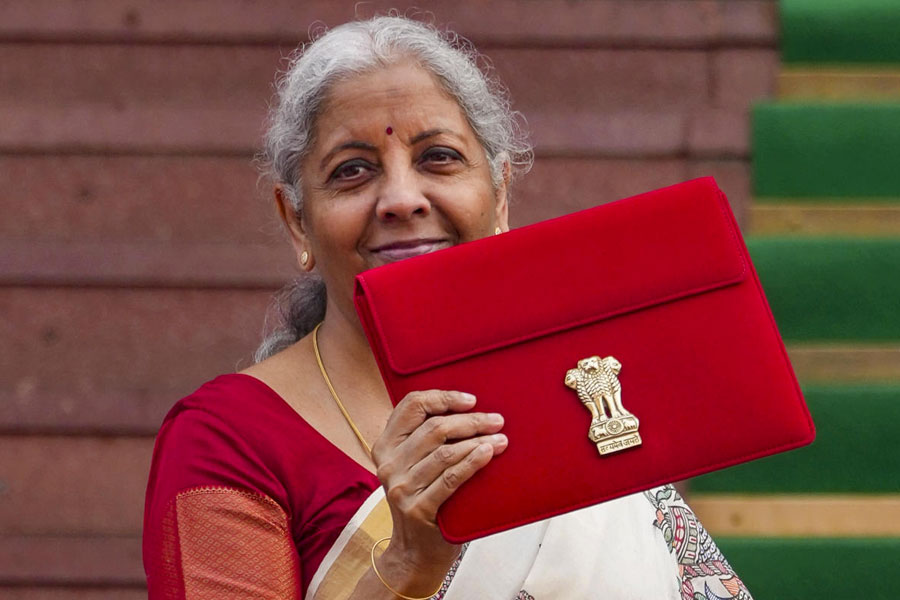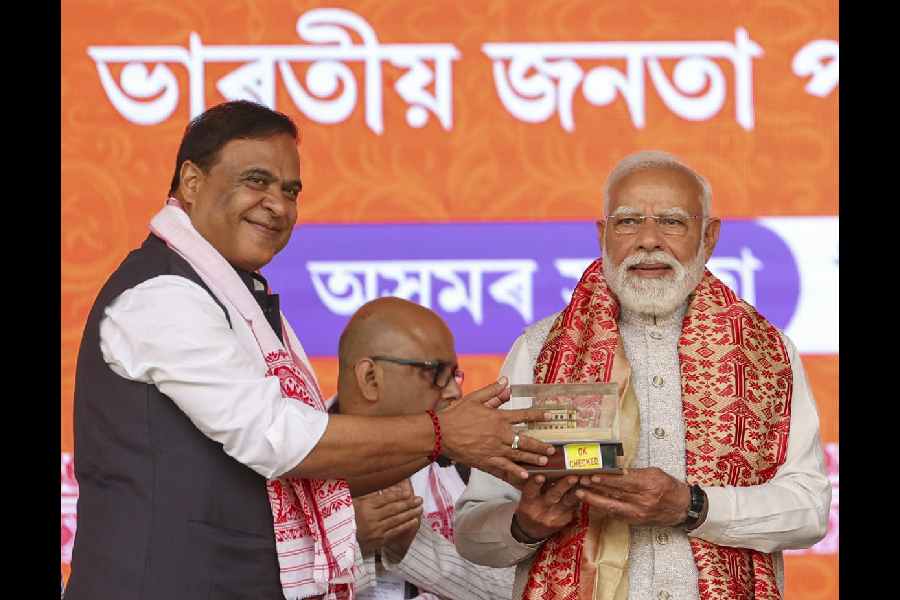In Budget 2025, the government has prioritised people, innovation and manufacturing. The aim is to elevate India as a global manufacturing hub, boost employment, and empower local businesses. Anticipated tax reforms are set to offer significant relief, enhancing disposable income and invigorating the economy.
The government has attempted to hit the target by providing an impetus to the Indian economy in terms of accelerated growth, securing inclusive development, invigorating private sector investments, uplifting household sentiment, and enhancing spending power of the Indian middle class.
The finance minister has tried to soothe the pangs of individuals and businesses who are grappling with issues relating to ‘ease of doing business’. The FM’s agenda for development encompasses all aspects of the economic engines such as agriculture, rural prosperity, inclusive growth, manufacturing, MSMEs, employment opportunities, innovation, energy, exports and people.
The budget focused on the agriculture sector with announcement of various incentives – PM Dhan-Dhaanya Krisi Yogna, a programme for vegetables and fruits, a makhana board, urea plant, enhanced credit. For the amelioration of MSMEs, the budget laid the roadmap by introducing initiatives including reclassification of MSME criteria, fund of funds of start-ups and initiative for first time entrepreneurs. It also unveiled a range of measures for investing in people — IITs, skills, broadband in schools, AI education and the healthcare sector.
The measures in the realm of ‘Viksit Bharat’ focused, inter-alia, on promotion of investment opportunities and employment, specific focus on MSME, start-ups, agriculture and power sectors, simplification and rationalisation of tax laws and socio-economic welfare measures thus ensuring the economy is on the growth trajectory.
From a tax perspective, the budget laid the roadmap for the New Income Tax Bill that will be tabled before the House next week.
Here are some take-aways from Budget 2025:
Manufacturing
In order to position India as the global hub for manufacturing and producing electronic goods, a comprehensive programme for the development of semiconductors and display manufacturing ecosystem in India was approved. Ministry of Electronics and Information Technology has notified schemes for setting up of such facilities in India.
The benefit of the presumptive taxation has been extended to non-residents providing services or technology in India for setting up of such electronics manufacturing facilities or in relation to the manufacture or production of such articles.
It is, therefore, proposed, to insert a new section 44BBD, which deems 25 per cent of the aggregate amount received/ receivable by the non-resident on account of providing services or technology as profits and gains of such non-residents from business in India. This will result in an effective tax payable of less than 10 per cent on gross receipts by a non-resident company.
Real estate
Finance (No.2) Act, 2014 introduced a special taxation regime for Real Estate Investment Trust (REIT) and Infrastructure Investment Trust (InVIT) [commonly referred to as business trusts]. Special taxation regime under section 115UA of the Act, provided a pass-through status to business trusts in respect of interest income, dividend income received by the business trusts from a special purpose vehicle in case of both REIT and InvIT and rental income in case of REIT. Such income is taxable in the hands of the unit holders unless specifically exempted.
Insurance
The FDI limit for the insurance sector will be raised from 74 to 100 per cent. This enhanced limit will be available for those companies which invest the entire premium in India. The current guardrails and conditionalities associated with foreign investment will be reviewed and simplified.
Start-ups
The existing provisions of Section 80-IAC, inter-alia, providing for deduction of entire profits and gains for three consecutive assessment years out of ten years, derived from an eligible business by a start-up, had a sunset clause, being applicable to startups incorporated on or before April 1, 2025. The sunset clause has now been extended till April 1, 2030.
Shipping
The tonnage tax scheme is now available to only sea going ships. The benefits of existing tonnage tax scheme are proposed to be extended to inland vessels registered under the Indian Vessels Act, 2021 to promote inland water transport in the country.
Finance intermediaries
In order to bring clarity to the issue of uncertainty in characterization of income arising from transaction in securities as to whether it is capital gain or business income for investment funds, it is proposed to amend the Act to provide that any security held by investment funds referred to in Section 115UB would be treated as a capital asset.
Accordingly, any income arising from transfer of such security would be in the nature of a capital gain.
Charitable institutions
This budget has proposed simplification of tax provisions for charitable trusts/institutions. In order to reduce the compliance burden of the smaller trusts or institutions, it is proposed to increase the period of validity of registration of trust or institution from 5 years to 10 years, in cases where the trust or institution made an application under section 12A
- Analysis by Dinesh Agarwal, tax partner, EY. Abhishek Sureka- senior tax professional, also contributed to this article










